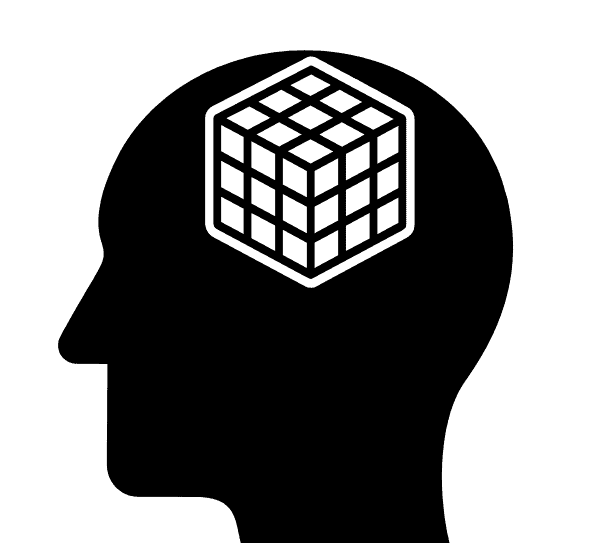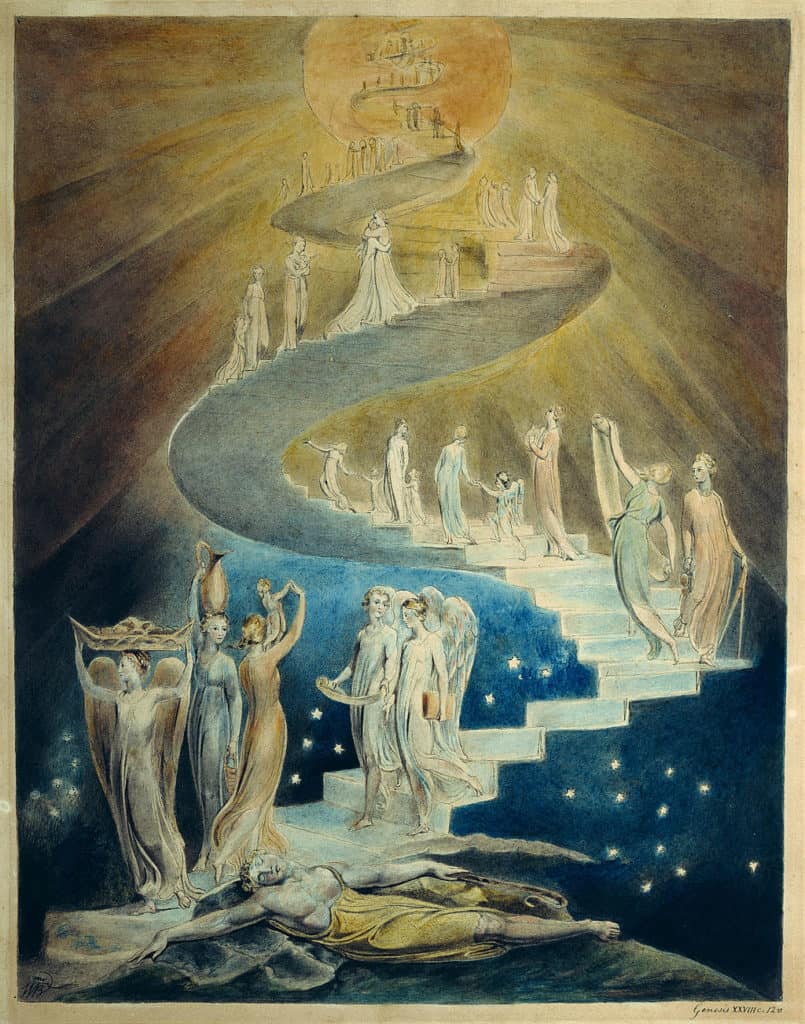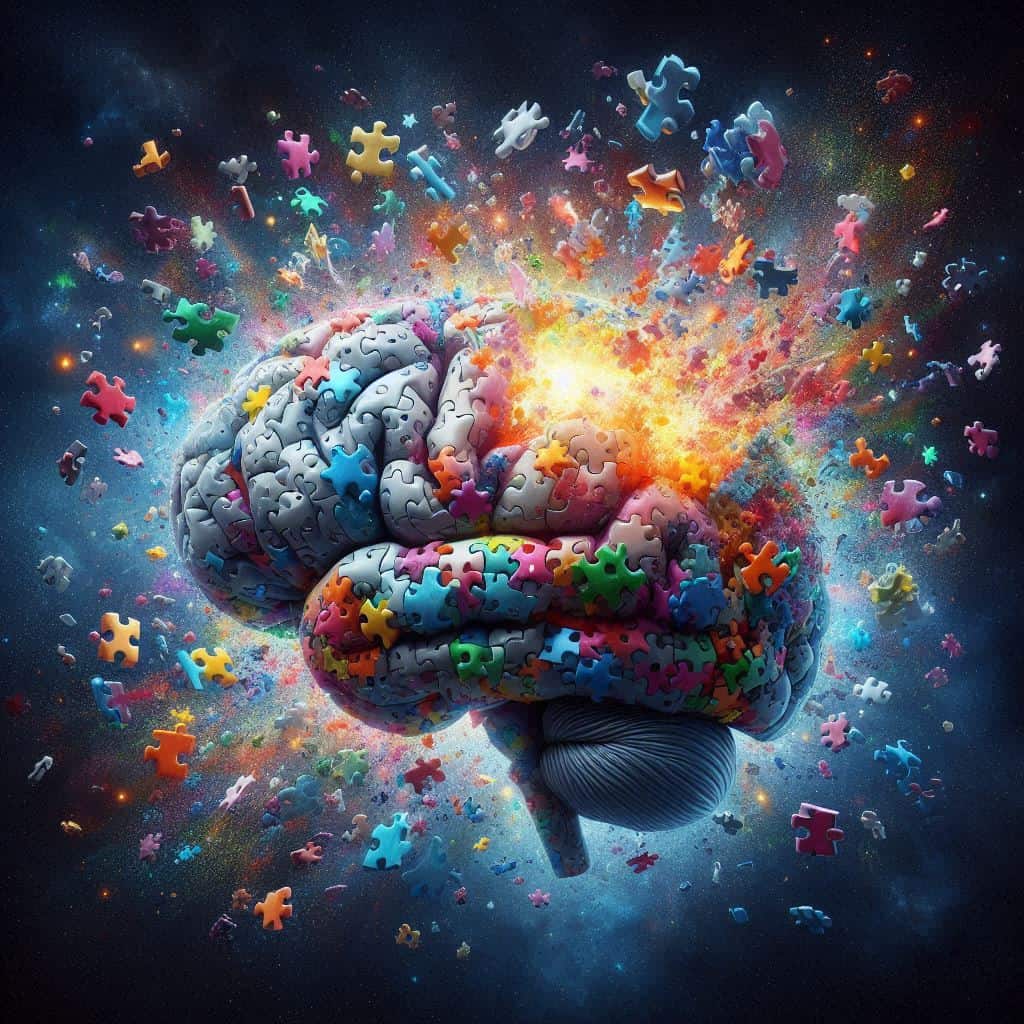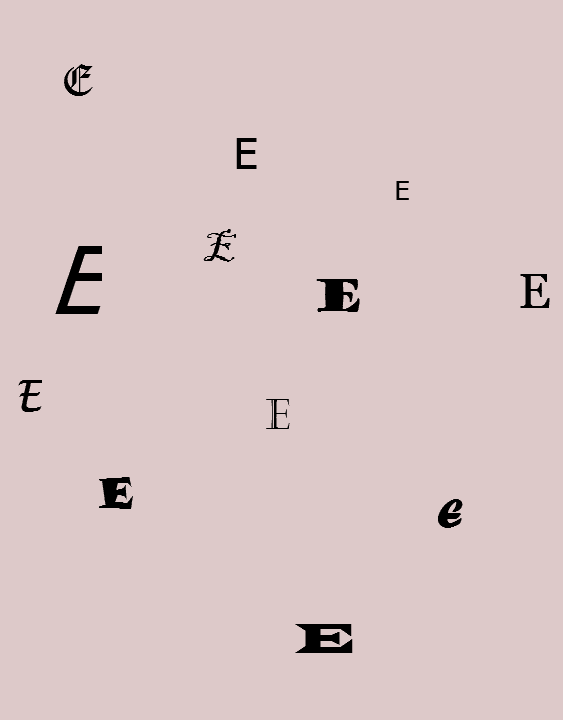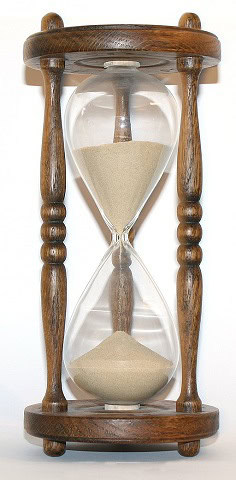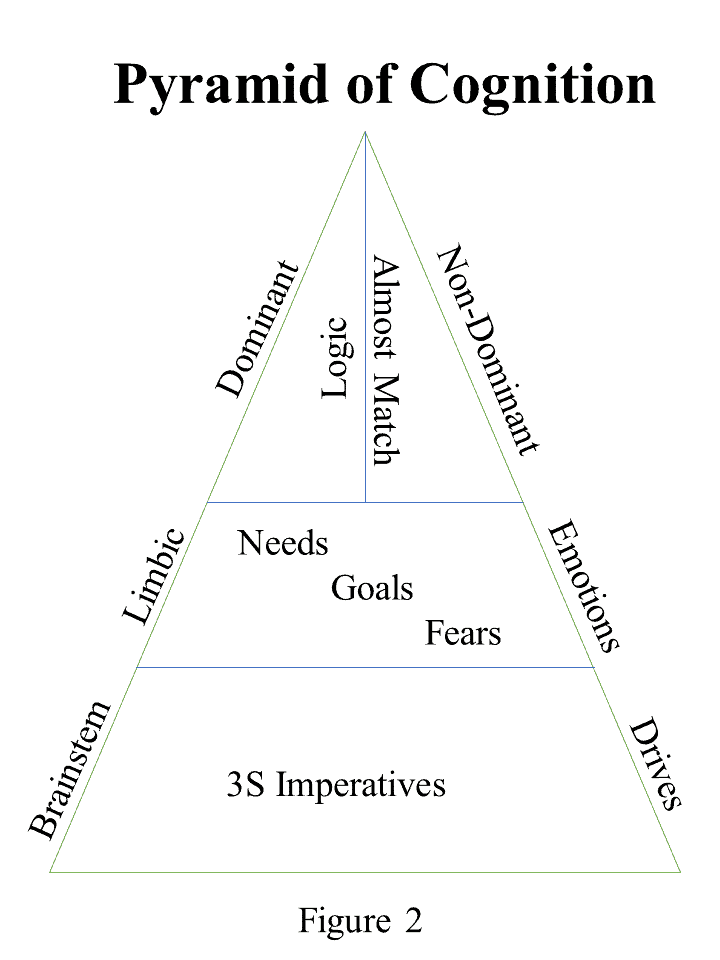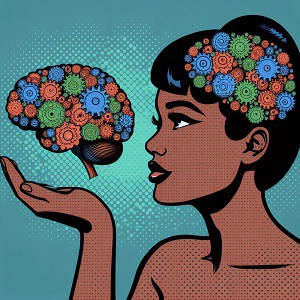Do You Have a Choice?
The debate between free will and determinism is an old and unresolved one. I cannot settle it for you, but I can offer you a reason to act as if you have free will, regardless of the truth.
Two-Way Decision Box
Imagine a two-by-two matrix that represents four possible scenarios, depending on whether all events are caused or some events are uncaused, and whether we have free will or not. Let me explain each scenario in detail.
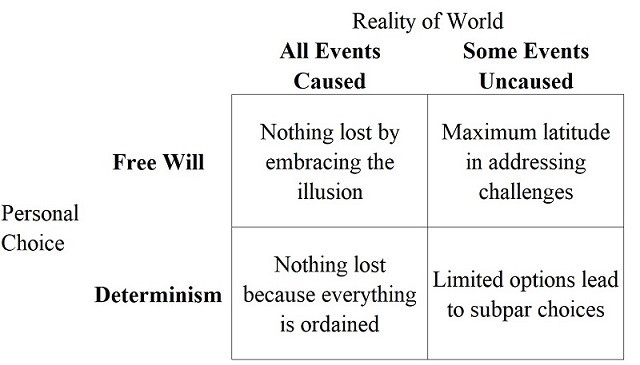
Columns. Reality of the World
The first column, All Events Caused, assumes that everything that happens in your life has a prior cause, even if you are not aware of it. For example, your choices of career, partner, car, or behavior are determined by your genes and your environment, whether you know it or not.
The second column, Some Events Uncaused, allows for the possibility that some things happen without a cause, either because of a supernatural intervention (such as God) or because of a natural indeterminacy (such as quantum mechanics).
Rows. Personal Choice
The first row, Free Will, implies that we can make choices based on our preferences and values, and that we are responsible for our actions.
The second row, Determinism, implies that we have no real choice, and that our actions are inevitable consequences of prior causes.
Four Possible Scenarios
All Events Caused and Free Will. This scenario is contradictory, because it implies that we have the illusion of free will, but in reality we are compelled to act in a certain way. Our belief in free will is also caused, and so are the outcomes of our actions. Therefore, this belief has no effect on the actual course of events.
All Events Caused and Determinism. This scenario is consistent, but it offers no advantage over the previous one, because the course of events is fixed regardless of our belief. Whether we accept determinism or not, we are still bound by the same causal chain.
Some Events Uncaused and Free Will. This scenario is favorable, because it implies that we can use our free will to influence some of the uncaused events that happen in our lives. We have more freedom and flexibility to face challenges and pursue our goals.
Some Events Uncaused and Determinism. This scenario is unfavorable, because it implies that we miss out on the opportunities that uncaused events offer us, since we think that we are constrained by prior causes. We tend to react emotionally rather than rationally, and we limit our options and potential.
Conclusion
In the All Events Caused column, our belief in free will or determinism is irrelevant, because the course of events is predetermined. We cannot change our fate. In the Some Events Uncaused column, our belief in free will or determinism is crucial, because it affects how we deal with uncertainty and possibility. We can either embrace or reject our agency.
With tongue in cheek, I can say, “Choose Free Will.”
Additional Information
Featured Image of Person at Signpost of Choices. Created by Bing at my prompt.
Image of Two-Way Decision Box. Author’s personal papers.
My friend once told me that this idea resembles Pascal’s Wager in its reasoning. Pascal wanted to demonstrate that faith in God is the most rational choice.
